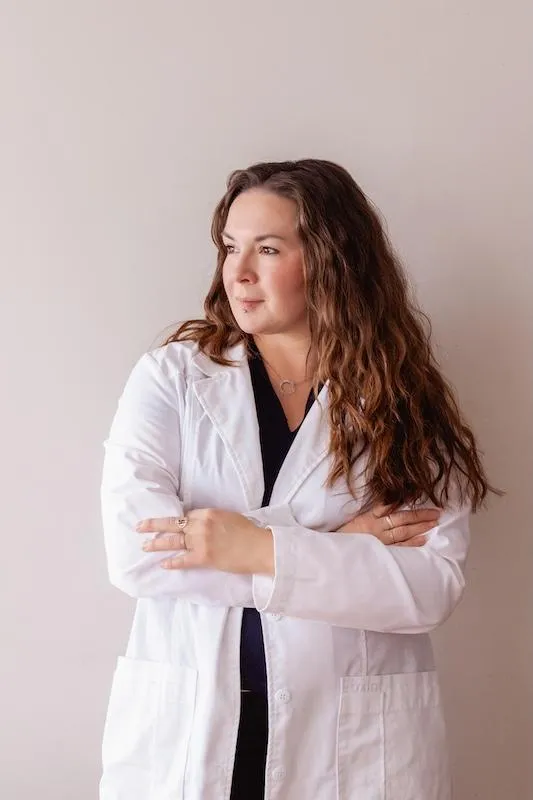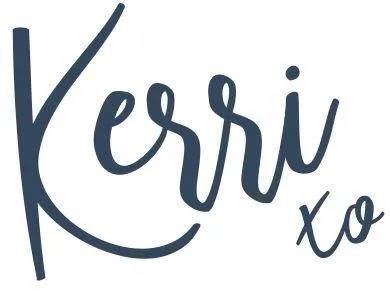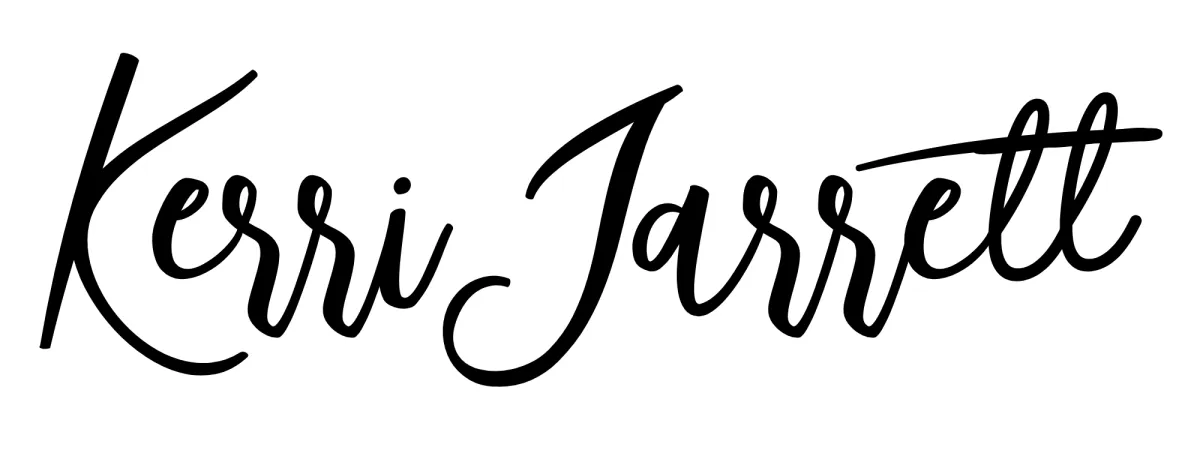What is Your Hair or Scalp Telling You?
DID YOU KNOW?
Hair is known to be one of the most effective biomarkers in nature.


Do you experience any of the following?
✖︎ Hair loss or thinning
✖︎ Hair not growing
✖︎ Breakage, dryness, or split ends
✖︎ Limp, dull, or lack luster
✖︎ Itchy, flaky, or oily scalp
Let’s uncover the root cause together.
What is Your Hair or Scalp Telling You?
As a Certified Trichologist and Red Seal Hairstylist with over 20 years of experience, I take a science-backed yet holistic approach to hair health, with a strong focus on epigenetics—the way your environment, lifestyle, and habits influence hair growth and overall well-being. Hair is more than just strands on your head—it’s a biomarker that can reveal deeper health concerns, affecting both confidence and emotional well-being.
There is more than one type of alopecia, and there’s no one-size-fits-all solution. Each individual’s hair journey is unique, and I focus on providing personalized solutions that address both the root cause and long-term hair health.
Why do I need an assessment? - Watch Video below.
What Is Trichology?
Trichology is the science of hair and scalp health, addressing issues like hair loss, thinning, breakage, and scalp disorders by identifying the underlying causes. But it’s more than just hair—it's about overall well-being.
Many assume hair loss is the same for everyone, but there are multiple types of alopecia, each with its own cause, treatment, and solution. Finding the right approach starts with understanding why it's happening.
Common types of alopecia include:
✔ Androgenic Alopecia (genetic hair thinning)
✔ Alopecia Areata (autoimmune-related hair loss)
✔ Telogen Effluvium (stress or trauma-induced shedding)
✔ Traction Alopecia (caused by tension and styling habits)
I help identify which type of hair loss you’re experiencing and work with you to develop a customized plan to
restore balance, promote growth, and prevent further loss.

HAIR LOSS ISN'T JUST GENETIC - IT'S EPIGENETIC
The Epigenetics of Hair Loss
This means that external and internal factors influence whether or not certain genes get "switched on" or "off." In trichology, we look beyond the surface to uncover what’s really at play. Epigenetics explores how your lifestyle impacts hair health, particularly through stress.
THE FOUR MAJOR STREESS TRIGGERS THAT AFFE T HAIR
1. Intake Stress – What you consume matters. Diet, medications, environmental toxins, and even nutrient deficiencies can affect hair strength and growth.
💡 Are you unknowingly consuming something that’s contributing to hair loss?
2. Emotional & Mental Stress – How you perceive and respond to life’s challenges directly impacts your hair. Chronic stress, anxiety, or emotional trauma can trigger hair thinning and loss.
💡 Are your emotions playing a role in your hair health?
3. Physical Stress – Accidents, poor posture, or even how you carry your body can create stress on the nervous system and affect scalp circulation.
💡 Could an overlooked physical factor be part of the problem?
4. Trauma Stress – Past emotional or physical trauma can store in the body, disrupting hormonal balance and causing sudden or prolonged hair loss. This connection is often missed in traditional hair loss treatments.
💡 Could unresolved trauma be affecting your hair health?


IDENTIFYING THE ROOT CAUSE
My Unique Approach - Unlike a quick-fix approach, I combine science, epigenetics, and personalized analysis to understand what’s triggering your hair loss or scalp issues. How I Can Help:
Scalp & Hair Health Assessment – Get a personalized analysis of your scalp condition and hair cycle.
Nutritional & Lifestyle Evaluation – Learn if hidden nutrient deficiencies or toxins are affecting your hair.
Epigenetic & Stress Assessment – Identify which of the four stressors may be impacting your hair.
Custom Plan for Hair & Scalp Vitality – Tailored recommendations that include dietary shifts, stress management techniques, and product guidance.
Start Your Journey to Healthier Hair
Take the first step! Ready for a deeper analysis? Book a consultation and let’s get to the root cause together.
Want to Learn More About Hair & Scalp Health?
Hair loss and scalp concerns are complex, but you don’t have to navigate them alone. That’s why I co-host The Hair Wire , a platform dedicated to real solutions, expert insights, and cutting-edge research in trichology.
🎙 Meet The Hair Wire Team:
Kerri Jarrett – Certified Clinical Trichologist, Red Seal Hairstylist, and advocate for self-awareness through hair and health.
Sergio Cardona – Trichologist and industry leader in scalp care innovation and hair restoration.
Bissan Shakir – Holistic Trichologist and hair loss specialist, bridging science with holistic wellness.
Together, we bring a well-rounded approach to hair health —from scientific research and scalp treatments to epigenetics, stress management, and holistic solutions.
CLICK image BELOW TO learn more!
🔎 Explore More on The Hair Wire:
In-depth articles & research-backed insights
Expert discussions on hair loss, scalp health, and hair science
Practical solutions from industry-leading trichologists
👉 Join a community of professionals and individuals just like you—because knowledge is power when it comes to your hair. #gethairsmart
For Press / Social Use
I’m a trained Trichologist, intuitive designer, and founder of Sentimental Gems and The Hair Wire. While I no longer practice in salon, I now support professionals in the hair and wellness industries through strategic design, systems, and storytelling. Through my podcast, Unbrushed Conversations: Hair & Perspective, I invite listeners to explore self-awareness as the foundation for purposeful living. I believe that when you understand your own rhythm and message, everything else aligns.
DISCLAIMER
I believe in transparency on the web and so we are disclosing that we’ve included certain products and links on this site that we recommend and use ourselves; that do earn an affiliate commission for any purchases you may make. We are independent and the opinions expressed here are our own. By taking any advice from this website you are agreeing to the following terms out lined on the following link: Disclaimer.
MY SUPERPOWER

Chronic illness does not define me; it empowers me.
- Kerri
COMPANY
FOLLOW @kerrijarrett

© 2025 Kerri Jarrett. All Rights Reserved.
